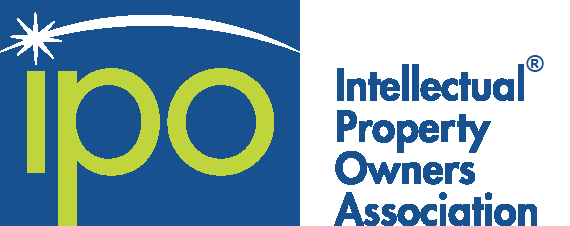Software patent law has been on a wild ride over the past month. At first, in mid-September, patent owners applauded the long-awaited Federal Circuit decision in McRO v. Bandai, only its fourth pro-patent eligibility decision (out of 20) since the U.S. Supreme Court’s landmark holding in Alice v. CLS Bank. McRO appears to offer new paths to patent eligibility for many inventions by, e.g., its analysis of how the invention in question did not preempt other ways of solving the same problem and its embrace of automated mathematical rules.
But then, in early October, a wide rift among the Federal Circuit judges on Section 101 issues was revealed in the decision that invalidated three patents of Intellectual Ventures that had been asserted against Symantec and Trend Micro. Judge Stoll dissented, saying that one of the patents offered concrete steps and was a technical improvement over prior art, relying on Bascom, a Federal Circuit opinion earlier this year. The majority opinion was written by Judge Dyk, but the eye opener was a concurrence by Judge Mayer, stating his view that patents on software should be banned.
Our panel of litigators, all of whom have argued recent Section 101 cases before the Federal Circuit, will give advice on how to maximize clients’ chances in this confusing environment, including the timing and scope of district court motions to challenge claims under Section 101.
Speakers:
- Chad Campbell, Perkins Coie
- John Lahad, Susman Godfrey L.L.P.
- Mark Raskin, Mishcon de Reya

